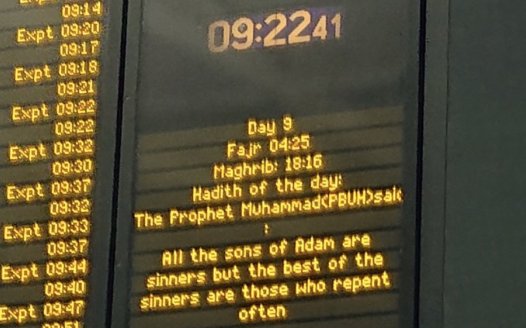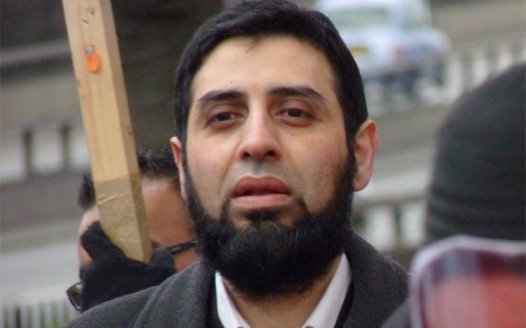Funding for school chaplains ruled illegal in Australia
Posted: Thu, 21st Jun 2012
A father of four from Toowoomba in Australia has won a High Court action challenging the Australian government's funding of a school chaplaincy programme.
Ron Williams (pictured right) brought his action on two counts. First, that the employment of chaplains by the state violated the constitution's ban on "religious tests for office" and secondly that the Government had overstepped its powers by funding the scheme.
The case failed on the first count but succeeded on the second.
Constitutional experts now say that this could prove to be the "court case of the year" because it challenges the whole manner in which the federal government funds projects.
The controversial schools chaplaincy scheme was started by the previous government in 2007. It offers schools up to $20,000 a year to introduce or extend chaplaincy services. Despite many protests, the present Government has vowed to extend the scheme.
Attorney General Nicola Roxon was quick to tell reporters that the funding of the chaplains would continue, despite the court finding. She said that the government would find some other way of keeping the present chaplains – operating in about 2,700 schools - and expanding the scheme to a thousand more schools.
A constitutional expert said that the High Court had found the Commonwealth lacked the power to fund chaplains via executive action without accompanying legislation. "The Commonwealth might go back and try and support the chaplaincy program with legislation but it's far from clear the High Court would uphold the chaplaincy program even with legislation," he said.
The next round of payments for the chaplaincy program is due later this year.
The High Court ruled that the case did not impact on the freedom of religion, unanimously dismissing Mr Williams' charge that school chaplains' religious position breached the constitution.
The constitution says that "no religious test shall be required as a qualification for any office or public trust under the Commonwealth" and Mr Williams had argued that the definition of school chaplains included a "religious test" for office.
But the court found that school chaplains werenotCommonwealthemployees, but rather were engaged by an external organisation, Scripture Union Queensland, and the Commonwealth did not enter into contractual or other arrangements with the chaplains.
But by majority the court held that the funding agreement between chaplaincy provider Scripture Union Queensland and the Commonwealth was invalid because it was beyond the executive power of the Commonwealth.
Mr Williams said he was elated by the ruling. He thanked his legal team, including solicitor Claude Bilinsky and barristers Bret Walker, SC, and Gerald Ng, and the hundreds of supporters who had made small donations to support the case.
He said he had launched the case to secure a secular education for his children. "If we can't have a playing field within the public school system for our children that has freedom of religion and freedom from religion, I don't think there's anywhere else to go," he said.
Although proselytising is specifically banned under the school chaplain's program, the lobby group Fairness in Religions in School says there is evidence some school chaplains are working to convert children to their church.
The group points to a speech by an Access Ministries chaplain in which the chaplain mentions the program as a covert way of spreading God's word.
"So remember, it is God's hand within and across our schools through the commitment of Access Ministries. Access Ministries provides Christian religious education teachers and chaplains to over 2,000 young Victorians in our schools," she said.
"Now that is not always overt, CRE (Christian religious education) workers are definitely there to present the gospel, to present bible stories. Chaplains - it is not always as overt as that, it is much more covert."
The Federal Government has already investigated Access Ministries, after the group's chief executive, Evonne Paddison, told a conference - ''we need to go and make disciples".
See also: Australian census reveals a big rise in those with "no religion"







